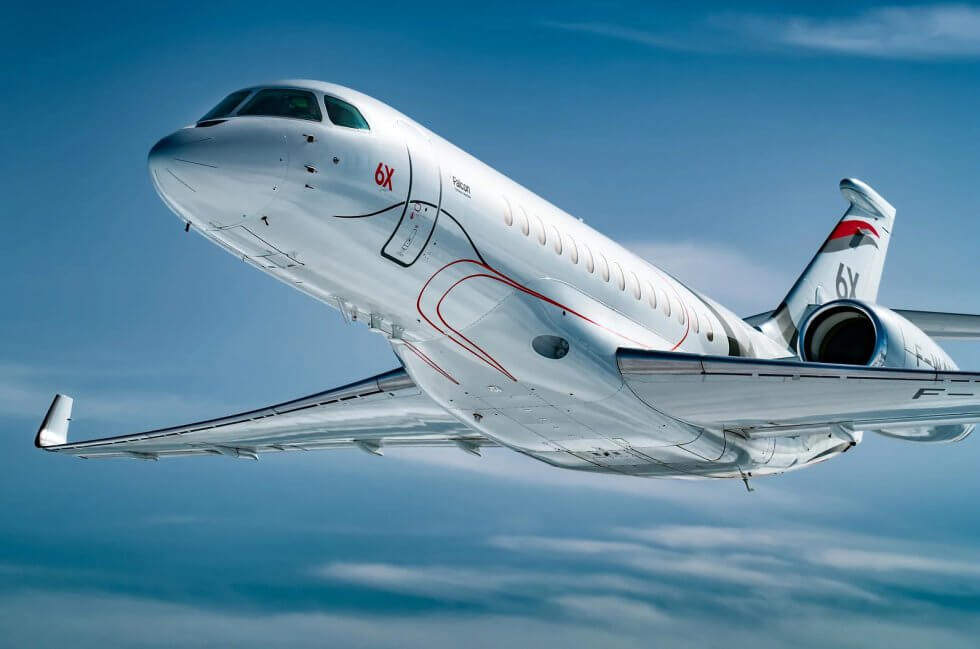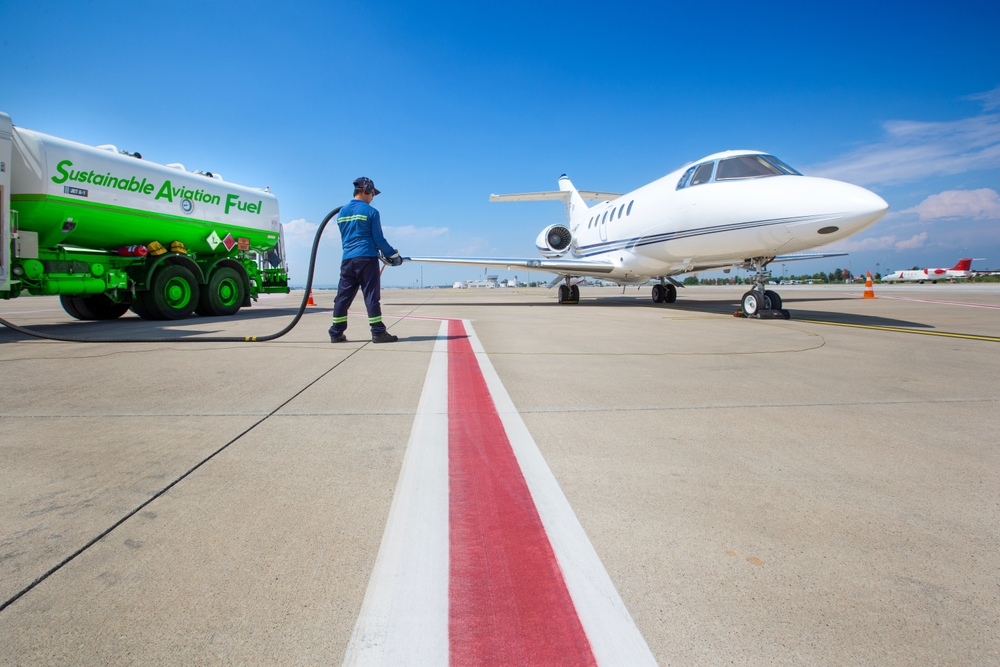
French business aviation under threat — EBAA France warns of the unprecedented industrial and competitive decline caused by recent fiscal measures.
Reducing this sector to the caricature of a “luxury mode of transport” is, at best, ignorance. Business aviation represents more than 80% professional travel, €32.1 billion in economic output, and over 101,500 direct and indirect jobs across the country.
An Essential Sector for Regional Development and Business Activity
Business aviation connects decision-making centres with factories, R&D facilities, and employment hubs across France. It is a vital link in territorial cohesion: 262 regional airports are served by business aviation, compared to barely one hundred served by commercial airlines.
This network supports non-relocatable jobs: pilots, maintenance engineers, logistics staff, airport personnel, catering professionals, medical teams, and more. For instance, Paris–Le Bourget Airport alone accounts for over 3,500 direct jobs and 10,000 induced jobs.
Punitive and Counterproductive Taxation
The sharp increase in the solidarity tax applied to business aviation passengers, which took effect in March 2025, has made France one of the most heavily taxed countries in the world in this segment.
Business aviation does not refuse its contribution to national efforts. It always has, and always will. What the sector challenges is a mechanism that is unfair in its design, unbalanced in its application, and ineffective in its results.
EBAA France calls for clarity and realism: the increase in the tax has not generated the expected revenue. Out of the €150 million forecast, only a few tens of millions are likely to be collected. Two main factors explain this:
-
The tax is self-declared, meaning French operators bear the burden, while many foreign operators appear to evade it.
-
The over-taxation has caused a contraction of activity among French operators, mechanically reducing tax revenues.
As a result, the activity of French operators fell by 21.8% in Q3 2025, while the activity of foreign operators grew by 4%, creating a major distortion of competition.
In practice, foreign competitors capture French demand without contributing to national taxes, employment, or the local industrial ecosystem — and without any environmental benefit.
The net effect is negative for the State, for French companies, and for national sovereignty. A mechanism presented as “virtuous” is in reality producing the opposite effect: it is destroying the French fleet, weakening non-relocatable jobs, eroding rare technical skills, hindering the ecological transition, and undermining a sector in which France was not only a pioneer but a recognised global leader.
2026 Finance Bill: EBAA France’s Recommendations
As part of the 2026 Budget, EBAA France formulates three clear requests:
-
Reduce the solidarity tax rate applied to business aviation, aligning it with the rate applied to business and first-class travel in commercial aviation.
-
Implement fair collection mechanisms ensuring that all operators — French and foreign — contribute equally.
-
Allocate the revenue from this tax to the decarbonisation of the sector, the only way to ensure that the industry can continue its ecological transition.



